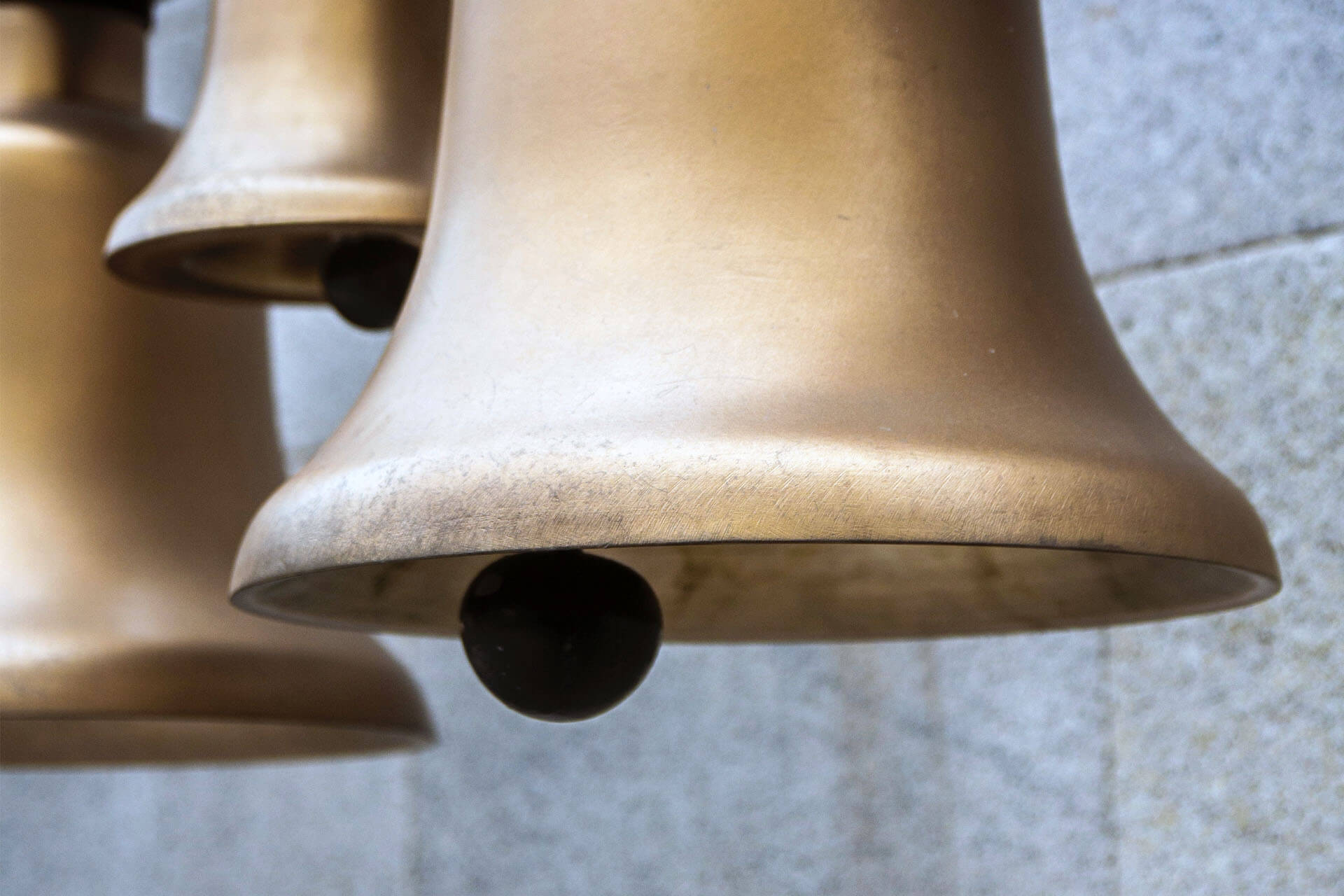The answer to the question of why you hear a buzzing sound when it’s quiet is in most cases – Tinnitus. It’s a disorder that affects the majority of the population at some time in their life, and is characterized by a high-pitched sound, buzzing, or shushing in one or both ears.
Table of Contents
Why Do I Hear a Buzzing Sound?
Tinnitus, or buzzing in the ears, is caused by a variety of factors. However, it isn’t an illness, it’s an indication of something else going on with your body.
It is quite widespread, with an estimated 50 million individuals in the United States suffering from it. The condition is only a nuisance for the majority of people, making it difficult to concentrate and sleep in severe cases. It may eventually cause psychological anguish by interfering with job and personal relationships.
Tinnitus is frequently connected with hearing loss, although it does not cause it, and vice-versa. In reality, some persons with tinnitus have no trouble hearing, and in some circumstances, they become so hypersensitive to sound (hyperacusis) that they have to muffle or cover outside noises.
There are Two Types of Tinnitus
Tinnitus is most commonly caused by prolonged exposure to loud sounds. The fact is – noise-induced hearing loss affects up to 90% of those who suffer from tinnitus.
The sound-sensitive cells of the cochlea, a spiral-shaped organ in the inner ear, are permanently damaged by the loudness. Carpenters, pilots, rock musicians, street-repair workers, and landscapers are among those whose employment put them in danger, as do those who operate with chainsaws, weapons, or other noisy items, or who listen to loud music on a regular basis.
There are two types of Tinnitus:
- Subjective Tinnitus – When you hear a sound that isn’t actually there, you have subjective tinnitus. It’s caused by a problem with part of your ear or because particular nerves aren’t functioning properly.
- Objective Tinnitus – Sound that happens inside or near the ear, such as from adjacent blood vessels, causes objective tinnitus. During an examination, your doctor might hear this sound. This sort of tinnitus is uncommon.
Is It Possible to Prevent or Avoid Tinnitus?
It’s a good idea to tell your doctor if you experience ringing in one or both ears, whether it’s intermittent or chronic. While these noises are typically harmless, you may refer to a hearing professional for additional assessment.
Tinnitus isn’t always a significant medical concern, but it may be a real nuisance. Tinnitus can have a substantial influence on one’s quality of life, depending on the individual.
Avoid long-term exposure to loud noises and activities that put you at risk for hearing loss to prevent tinnitus or keep it from growing worse. If you know you’ll be exposed to loud noises, protect your ears by using earplugs or earmuffs. Keep the volume down if you’re listening to music through headphones.
If you have tinnitus, stay away from anything that seems to aggravate it. Nicotine, alcohol, and caffeine are examples of these substances.
What Should I Do if My Ears Are Buzzing, Ringing, or Making Other Noises?
People with benign tinnitus have a variety of therapy choices. While it is impossible to completely eliminate the noise, there are ways that can assist reduce the burden of tinnitus on a person’s life. Many people get relief from tinnitus by merely concealing the sounds.
Sleeping with a low-static radio or a white noise machine on can help you fall asleep. Some white noise devices are shaped like hearing aids and are inserted into the ear canal.
Biofeedback and habituation strategies have proven to be effective in the treatment of tinnitus in certain persons. Patients can learn to compartmentalize their tinnitus and live with it more comfortably by working with someone who is skilled in these approaches.
For others, simply understanding that their tinnitus is harmless and not anything to be concerned about is enough to offer comfort.
Questions for Medical Exam
Treatment will be determined by the cause of your tinnitus. Your doctor will remove earwax if it is the cause of your tinnitus. If a medication you’re taking is causing the problem, your doctor may advise you to stop using it. However, you should never discontinue taking a prescription treatment without first consulting your doctor.
Some of the questions you can ask your doctor for the consultation at the medical exam are:
- It’s difficult for me to sleep because of the loudness in my ears. What options do I have?
- Is there anything we can do to help with my tinnitus?
- Is it possible that I’ll lose my hearing?
- I’m also prone to dizziness. Is it possible that I have Meniere’s disease?
- Is it possible that you have an ear infection?
- Should I refrain from using headphones when listening to music?
- Is there anything I can do from my own house to assist?
The Hearing Loss Workers Compensation Program
Is available to compensate employees whose hearing has been impaired as a result of noisy work employment. Workplace noise need not “cause” hearing loss. It only needs to contribute to the loss. Exposure to “noisy employment” for just 90 days may result in a compensable loss.
Always feel free to ask Johnson Law Offices about the process, the law, or an individual case. The legal, medical, and audio-metric questions that come into play in a hearing loss workers’ compensation claim can be complicated.
The claims require attention to detail mixed with an ability to work well with hearing-impaired retirees and their families, especially spouses, and their hearing health care professionals.



